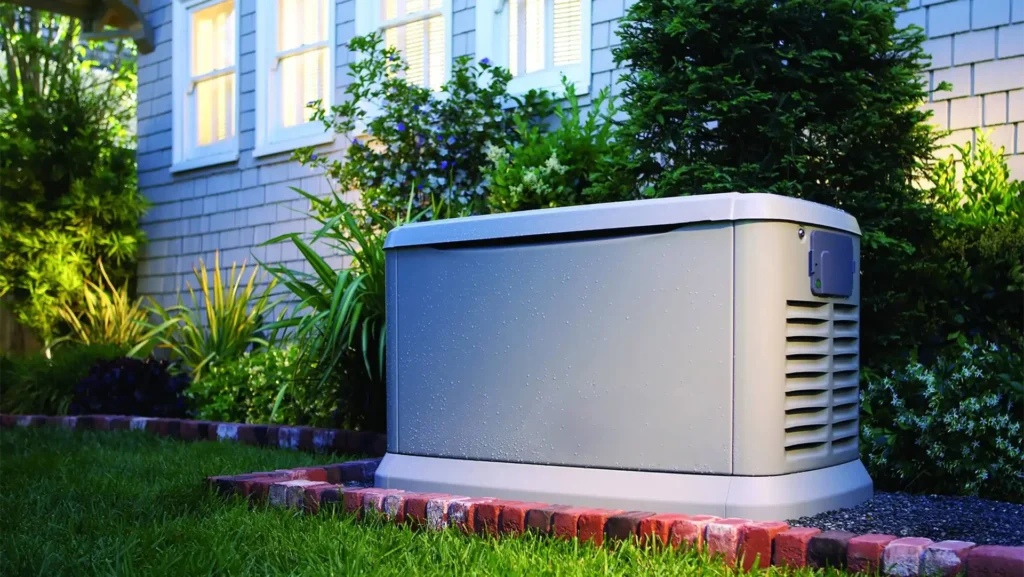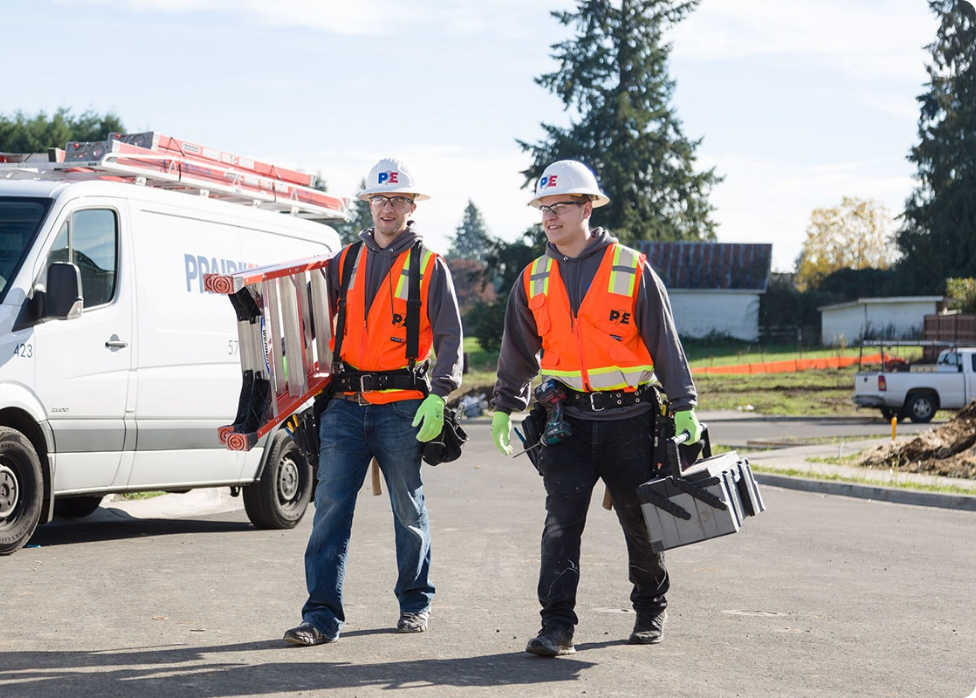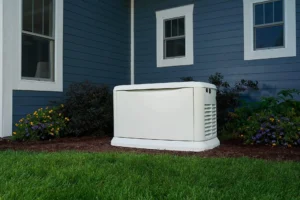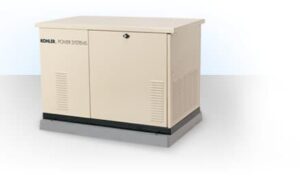Generators have become essential for homeowners seeking reliable backup power during unexpected outages. Whether due to storms, grid failures, or other disruptions, having a generator on hand ensures that your home remains powered when the main electrical supply goes down. But how do generators work, and why should you consider installing one at your home? Let’s dive into the basics of how generators function and explore the benefits they offer, as well as why working with a professional generator installer like Prairie Electric can make all the difference.
How Generators Work
At the core, a generator converts mechanical energy into electrical energy, enabling the supply of power to your home. This process typically involves the following key components:
- Engine: The engine provides the mechanical energy needed to produce electricity. It runs on various fuel sources, including natural gas, propane, diesel, or gasoline.
- Alternator: The alternator takes the mechanical energy from the engine and converts it into electrical energy. This is the part of the generator that produces the electricity.
- Fuel System: This component ensures a steady flow of fuel to the engine. Depending on the type of fuel, this system can be connected to your home’s natural gas line or can use stored fuel like diesel.
- Cooling and Exhaust Systems: Generators create heat, so they need a cooling system to prevent overheating. Additionally, the exhaust system helps vent fumes away from the home to ensure safety.
- Control Panel: This is the brain of the generator. It starts the generator automatically during a power outage and shuts it down once power is restored.
Once a power outage occurs, a home backup generator will automatically activate, ensuring that your critical home systems – such as heating, cooling, refrigeration, and lighting—remain functional. These generators can power your home for hours, days, or even weeks, depending on their size and fuel availability.

Why Install a Home Backup Generator?
Power outages can happen unexpectedly and last anywhere from a few minutes to several days, potentially leading to a variety of problems in your home:
- Safety Risks: Without power, important systems like your security system, heating, and cooling may not function. For homes in areas prone to extreme weather, this can be a safety issue.
- Food Spoilage: Extended power outages can lead to food spoiling in refrigerators and freezers, leading to unnecessary waste.
- Inconvenience: Losing power means no lights, no internet, and no ability to charge devices or keep essential systems running. Having a generator keeps your life moving as usual, even when the grid is down.
Choosing the Right Generator
The right generator for your home depends on your specific needs. For most homeowners, a standby generator is the best option. These are permanently installed outside your home and can run on natural gas or propane, offering automatic and reliable power when needed.
Another option is a portable generator, which is smaller and easier to store but requires manual setup and operation. While portable generators can be useful for temporary outages, they often lack the capacity to power an entire home and may need frequent refueling.
For homeowners looking to ensure the continued operation of specific systems – like medical equipment, security systems, or refrigeration – choosing a standby generator with enough capacity to power essential devices is critical.

Maintenance is Key
To ensure your generator works when you need it most, regular generator maintenance is crucial. This includes checking and replacing fluids, testing battery functions, and inspecting the generator’s components. Prairie Electric offers generator maintenance and repair services, helping you keep your unit in peak condition. Our technicians can also perform diesel generator maintenance, which is essential for homes with diesel-powered backup systems.
Why Choose Prairie Electric for Your Generator Installation?
With decades of experience in backup generator installation, Prairie Electric has the expertise to ensure that your home’s generator system is designed and installed correctly, providing peace of mind when it comes to power outages. Our skilled technicians handle everything from assessing your home’s power needs to installing the right generator and providing ongoing maintenance. Whether you need a new installation or assistance with maintaining your generator, Prairie Electric is ready to help.
For more detailed information on backup generator installation or generator maintenance, visit our Backup Generator Installation and Generator Maintenance and Repairs Service pages.
By investing in a home generator with Prairie Electric, you’ll ensure your home is ready for any power outage – keeping your family safe, your systems running, and your life uninterrupted.


